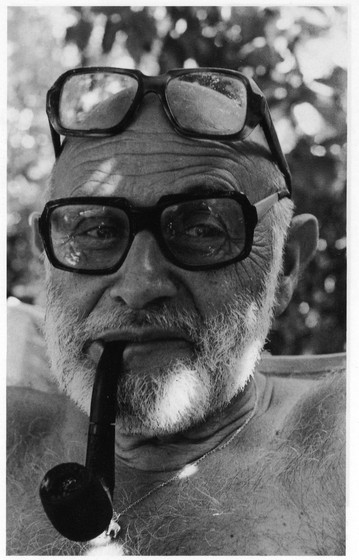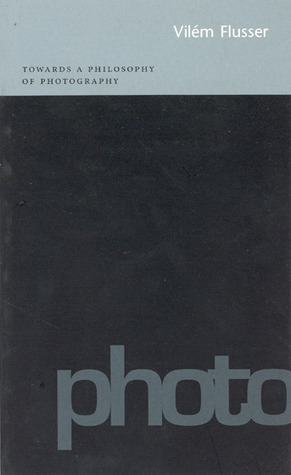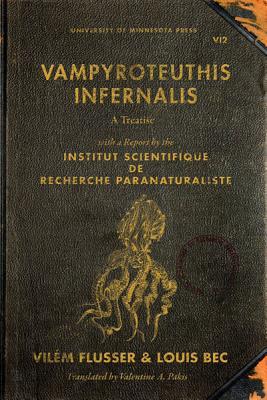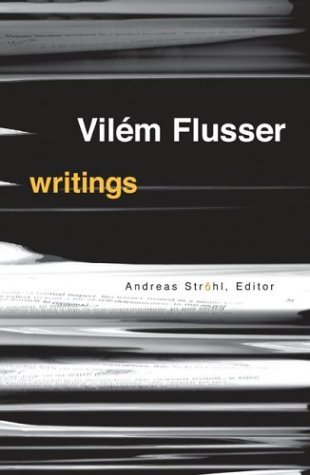Vilém Flusser

Vilém Flusser was a philosopher born in Czechoslovakia. He lived for a long period in Brazil and later in France, and his works are written in several different languages.
His early work was marked by discussion of the thought of Martin Heidegger, and by the influence of existentialism and phenomenology. Phenomenology would play a major role in the transition to the later phase of his work, in which he turned his attention to the philosophy of communication and of artistic production. He contributed to the dichotomy in history: the period of image worship, and period of text worship, with deviations consequently into idolatry and "textolatry".
Flusser was born in 1920 in Prague into a family of Jewish intellectuals. His father, Gustav Flusser, studied mathematics and physics (under Albert Einstein among others). Flusser attended German and Czech primary schools and later a German grammar school.
In 1938, Flusser started to study philosophy at the Juridical Faculty of the Charles University in Prague. In 1939, shortly after the Nazi occupation, Flusser emigrated to London to continue his studies for one term at the London School of Economics and Political Science. Vilém Flusser lost all of his family in the German concentration camps: his father died in Buchenwald in 1940; his grandparents, his mother and his sister were brought to Auschwitz and later to Theresienstadt where they were killed. The next year, he emigrated to Brazil, living both in São Paulo and Rio de Janeiro.
In 1960 he started to collaborate with the Brazilian Institute for Philosophy (IBF) in São Paulo and published in the Revista Brasileira de Filosofia; by these means he seriously approached the Brazilian intellectual community. During that decade he published and taught at several schools in São Paulo, being Lecturer for Philosophy of Science at the Escola Politécnica of the University of São Paulo and Professor of Philosophy of Communication at the Escola Dramática and the Escola Superior de Cinema in São Paulo. He also participated actively in the arts, collaborating with the Bienal de São Paulo, among other cultural events.
Beginning in the 1950s he taught philosophy and functioned as a journalist, before publishing his first book Língua e realidade (Language and Reality) in 1963. In 1972 he decided to leave Brazil.
He lived in both Germany and the South of France. To the end of his life, he was quite active writing and giving lectures around media theory. He died in 1991 in a car accident, while visiting his native Prague to give a lecture.



